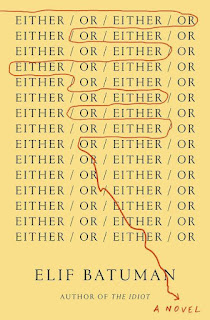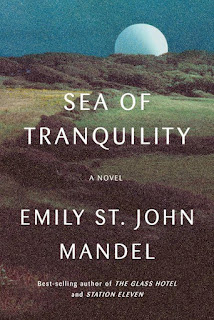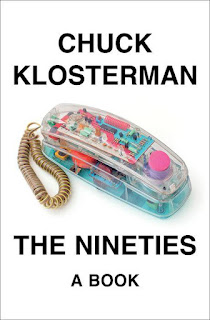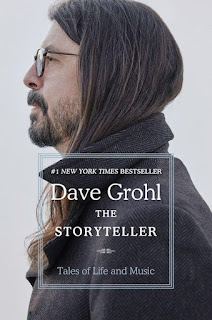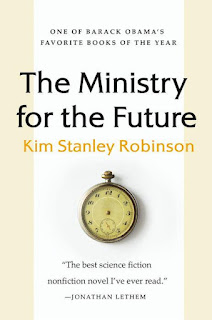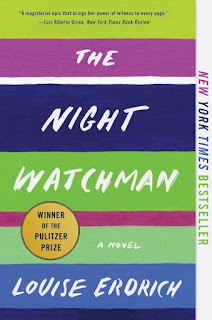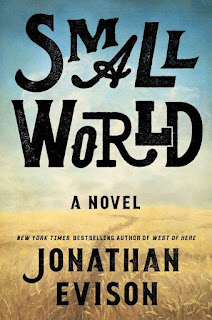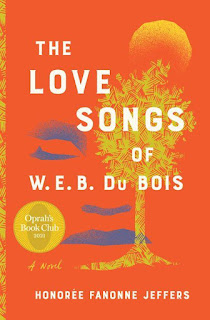Mirroring Christmas creep, it feels like these "favorites of the year" lists are coming out earlier and earlier. I'm already like three weeks late and this is the earliest I've ever finished this post!
Speaking of trends, exactly half of this year's list is made up of novels either set in Chicago, by Chicago writers, or both. It was a banner literary year in the City of Broad Shoulders...and beyond. So here's this year's list, my 10 favorite books (in no particular order) of what was an incredible reading year.
9. Last Summer On State Street, by Toya Wolfe -- A fierce, stunning novel about a young girl growing up in Chicago's Robert Taylor Homes. I loved this book for its bravery.
8. Marrying the Ketchups, by Jennifer Close -- Just pure fun. This novel is about a dysfunctional family and their dysfunctional love lives set against the backdrop of the 2016 Cubs, the horrific election that year, and a suburban restaurant.
7. The Nineties, by Chuck Klosterman -- Required 2022 reading for Gen X. Klosterman brilliantly gives the best decade ever a fresh of coat of paint with the advantage of hindsight. The book helps you see the everything from Nirvana to Biodome 2 with clear eyes.
6. Sea of Tranquility, by Emily St. John Mandel -- Definitely my favorite novel of the year partially taking place on a moon colony in the 2200s. There is an enormous amount of plot -- and thought-provocation (Are we IN A SIMULATION?) -- in a slim novel.
5. Cyclorama, by Adam Langer -- Another Chicago novel that explores whether people are basically good, the consequences of history repeating itself, and about choices made during our carefree youths potentially haunting our adulthood. Smart and immensely entertaining.
4. Olga Dies Dreaming, by Xochitl Gonzalez -- One of the first novels I read in 2022, I immediately knew this story about a Puerto Rican wedding planner in NYC would wind up on this list. What starts as a frothy novel about NYC's upper crust switches to very much a political novel about Puerto Rico. It's hard to believe this confident, accomplished novel is a debut!
3. Book of Extraordinary Tragedies, by Joe Meno -- Family will find a way, is what this terrific novel from one of my favorite writers is about. This is an odd takeaway, I realize, but I loved this book in part for how accurately Meno captures the gloom of Chicago winter in this novel.
2. Groundskeeping, by Lee Cole -- This book wasn't written just for me, obviously. But it's one of those rare novels that felt like it was. A love story, campus novel, and examination of politics all in one. Wheelhouse. Book. Loved. It.
1. Tomorrow, and Tomorrow, and Tomorrow, by Gabrielle Zevin -- This is this year's "Gee Greg, way to go out on a limb" pick. Yes, everyone loved this book, and everyone is right.


.jpg)








